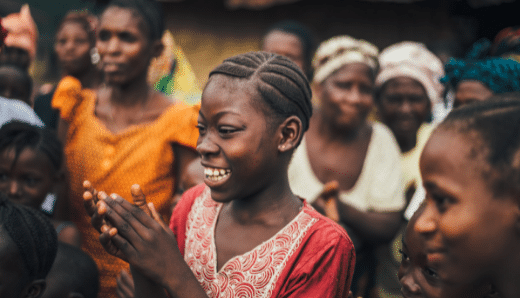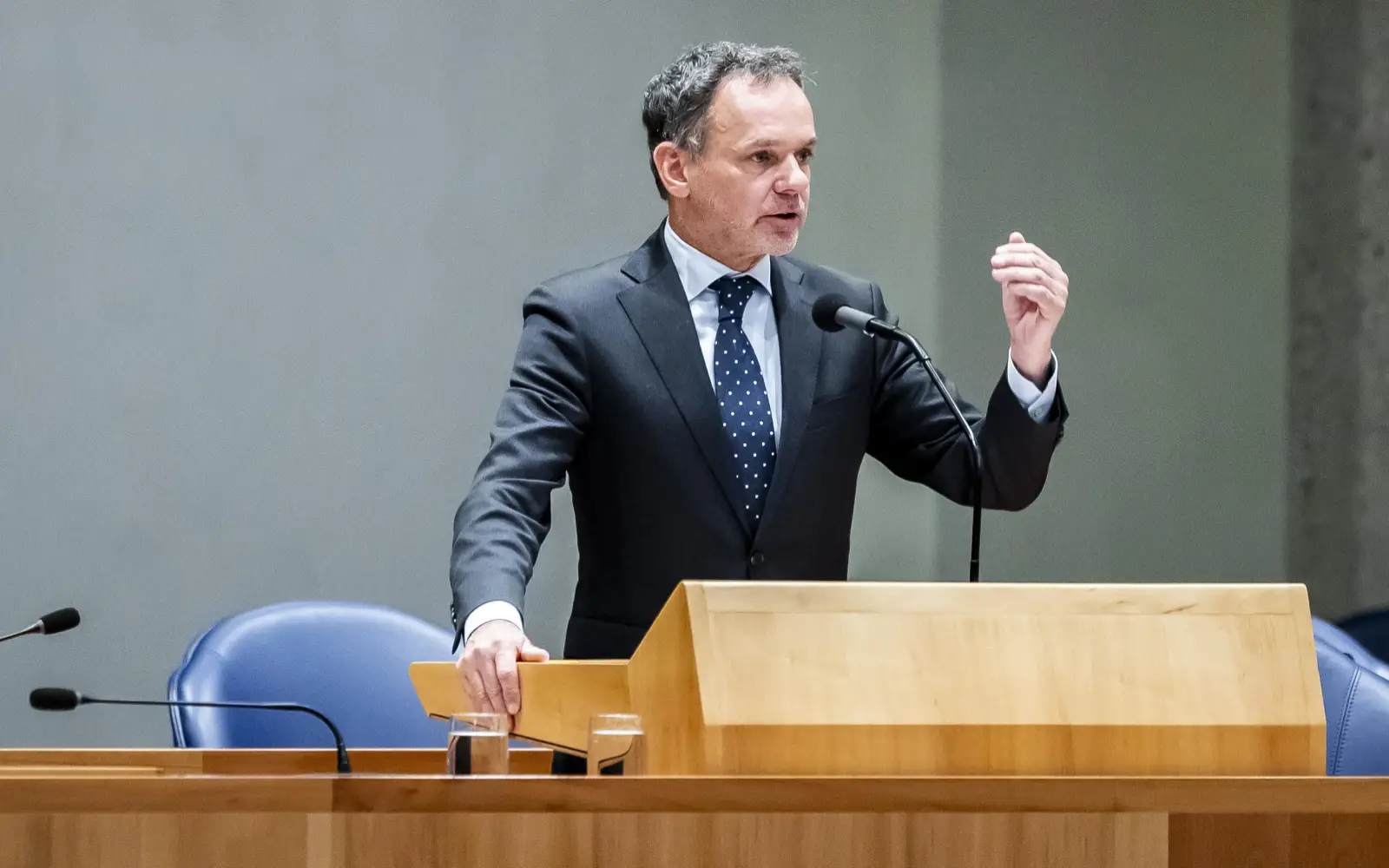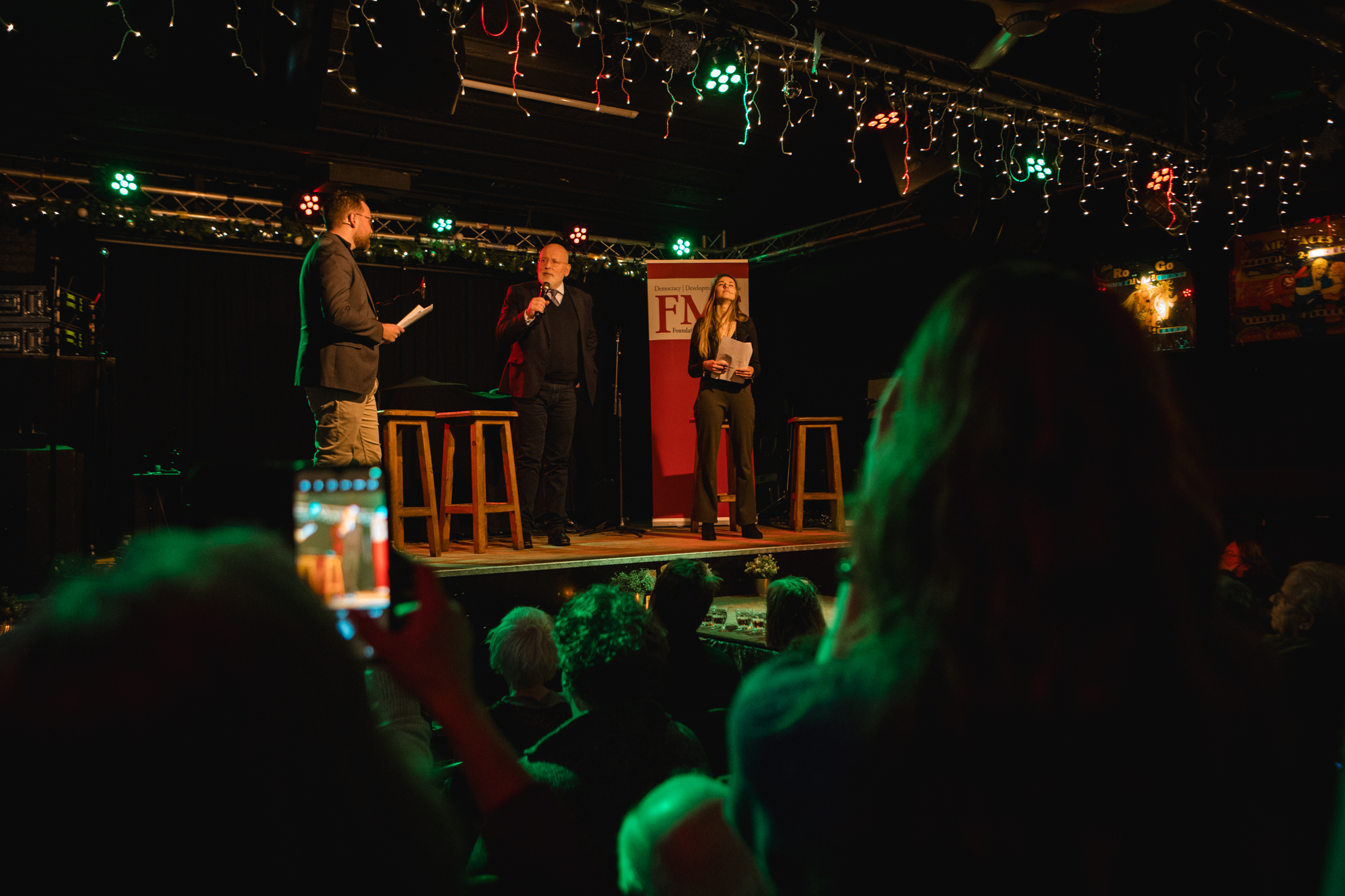The African continent is rich in diverse cultures, nature and resources and also has an incredibly young population. This makes for endless opportunities and possibilities. Already in a previous article was stressed that this is why African youth are eager to achieve a bright future for their countries. And it is important to hear these voices! For many years, we have organised Africa Day, where engaging these voices in social discussions has always been the core value.
When making international policy, it is important to include all perspectives. Only when you know what is actually needed is it possible to proceed effectively and successfully. Yet this is very often still insufficiently the case and Africa's potentials are insufficiently recognised.
A painful reality
At the beginning of this month, on 5 February, the 35e edition of the Ordinary Session of the AU Assembly held. At the event, Ethiopian Prime Minister Abiy Ahmed stepped forward: ''[...] it is the right time to reform and revitalise the United Nations system to reflect current global realities and ensure that it becomes a more representative and equitable body''.
In it, a message resonated about a painful reality; too often the African voice is not heard and not represented enough in global social discussions and organisations. This happens not only in the political sphere, as the pandemic made clear again recently, but in many areas; in science, in arts and culture and in fighting the climate crisis.
For example, the corona pandemic and the global distribution of vaccines were again indicative of the existing inequality in cooperation and the under-representation of Africa. During the EU-Africa summit on 17 & 18 February this year, the African Union requested that intellectual property rights on Covid-19 vaccines be waived so that their large-scale production would also become possible in Africa. The EU refused to do so. The result is now that African countries remain dependent on promises of vaccine donations, which, moreover, are not always kept.
Similarly, came in the FMS climate study highlighted how the African continent is disproportionately affected by the climate crisis. On top of that, international climate policy tends to focus on middle-income countries, while most African countries belong to the low-income countries. Small-scale organisations from the latter category, on the contrary, often offer the opportunity to make a significant difference because of their regional embedding and involvement. This was also highlighted recently during Africaweek; several panel guests pointed out that in achieving green innovations, it is important to realise that African organisations can provide part of the solution. Moreover, there is a need to move away from the loan system used to finance climate mitigation. This only drives African countries that are often financially unstable anyway further into debt. A transition in this is therefore of great importance.
These two global crises show that Africa's voice is structurally drowned out by other players. Civil society players from African civil society with great potential, moreover, are not sufficiently seen.
Africa Day offers a stage
The upcoming Africa Day will therefore once again provide an extensive stage for these voices. Not only will we collaborate with many African organisations or organisations focused on Africa, the enthusiastic African diaspora will also have a prominent role on this day. Our partners will offer a wide range of workshops, telling interesting stories or, on the contrary, focusing on lively interaction and conversations with the audience.
During these workshops, social issues will be discussed. What is the state of Africa-EU relations? What kind of social struggles are taking place in African countries? What role does religion play in peace? What impact has the year-long pandemic had on Africa? The diverse themes mean that all aspects are covered. African art and culture also deserve plenty of attention. Visitors can therefore enjoy African meals, African music and special films.
You too can attend this diverse event! Ticket sales start on 13 April at africa-day.co.uk and through this website we will continuously keep you informed of all developments! So save the date and hopefully see you on Saturday, 28 May!
Image: Unsplash





